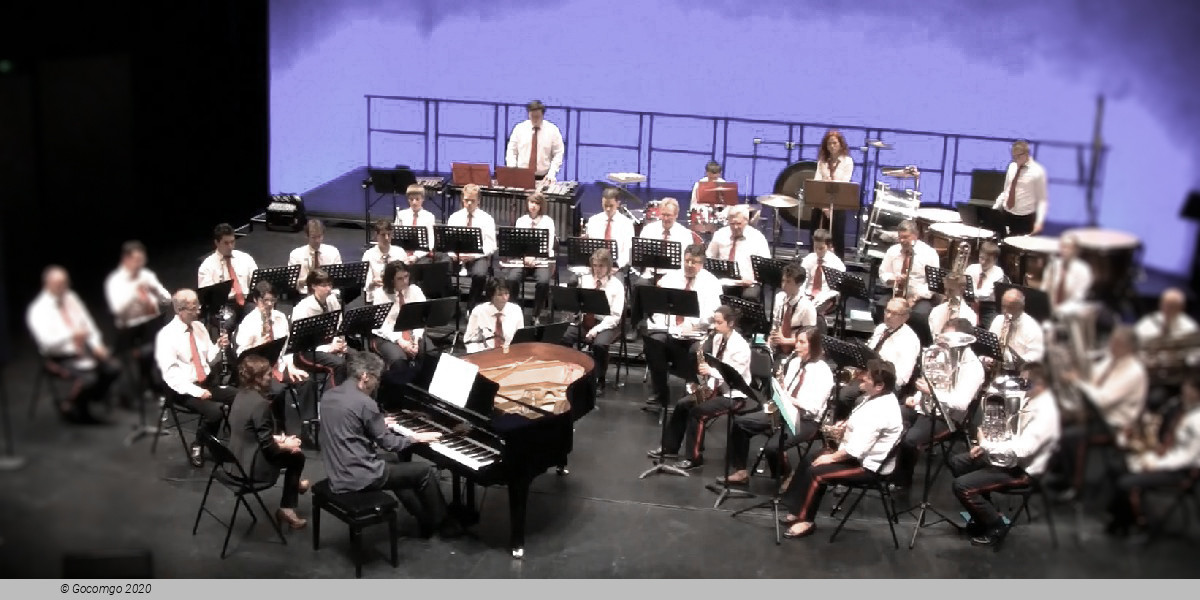Théâtre Ledoux (Besançon, France)
Théâtre Ledoux

The Ledoux Theater is an auditorium, opera, theater, and concert hall, located in the historic center of Besançon, formerly known as the musical theater.
In 1768, Charles-André de Lacoré undertook to create a theater worthy of the name in the new capital of Franche-Comté. The Opera was built between 1778 and 1784 by the architect Claude Joseph Alexandre Bertrand, according to plans by Claude-Nicolas Ledoux.
The architecture of the Ledoux theater is revolutionary. Externally, it is inspired by the simple forms of the architecture of Antiquity: portico with Ionic columns, roof in the form of a pyramid. The building is also made of bluish and ocher limestone from the quarries of Combe-aux-Chiens, near Besançon, and forms a Latin cross.
Internally, it is an open space, devoid of the partitioned boxes specific to Italian theaters, for a better vision. For the same reason, Ledoux places the orchestra in a pit in front of the stage. A model of the Ledoux theater is on display at the Royal Saltworks of Arc-et-Senans.
The facade, the entrance vestibule, and the performance hall have been classified as historical monuments since July 15, 1928.
The interior was renovated and modified by Delacroix or by Davillé in 1857.
In April 1958, the building is devastated by a fire that spares only the facade and its six Ionic columns, as well as an auditorium. The building was partially restored in the months that followed, and the interior was remodeled in 1994: the seats are arranged on three levels around the stage so that spectators can see the stage from all angles; the theater has about 1,100 seats (2,000 in 1857).

